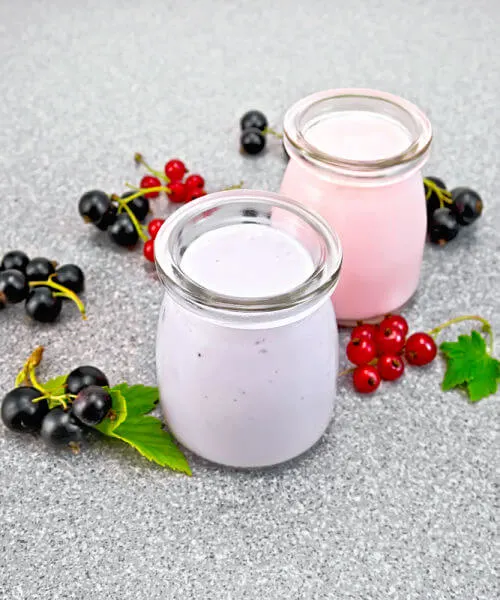To make yogurt, milk is heated and bacteria are added as it cools. The bacteria then convert the lactose in the milk to lactic acid, which makes the yogurt set.
To make bio-yogurts, however, extra bacteria cultures are added. These ‘friendly’ bacteria are believed to offer further health benefits.

Although the true benefits of bio-yogurts have yet to be fully proven, it is felt that they aid with digestion and reduce the presence of bad bacteria. They are particularly useful for replenishing the gut with good bacteria after a bout of diarrhea, for example.
Another benefit of bio-yogurt for babies is the taste – they tend to be much milder in flavour than other yogurts, and are especially creamy in texture.
The bacteria used in yogurts are generally the same as the ones naturally present in your baby’s gut, so (with your doctor’s consent) it is not harmful to give him full-fat bio-yogurts from 6 months of age UNLESS the label indicates otherwise.
As a simple precaution, you can contact the manufacturer directly to ask about the suitability of their particular product for your baby.
Source: The Dairy Council – Production of Yogurt
Read on for more information about introducing yogurt and other dairy products to your baby…
